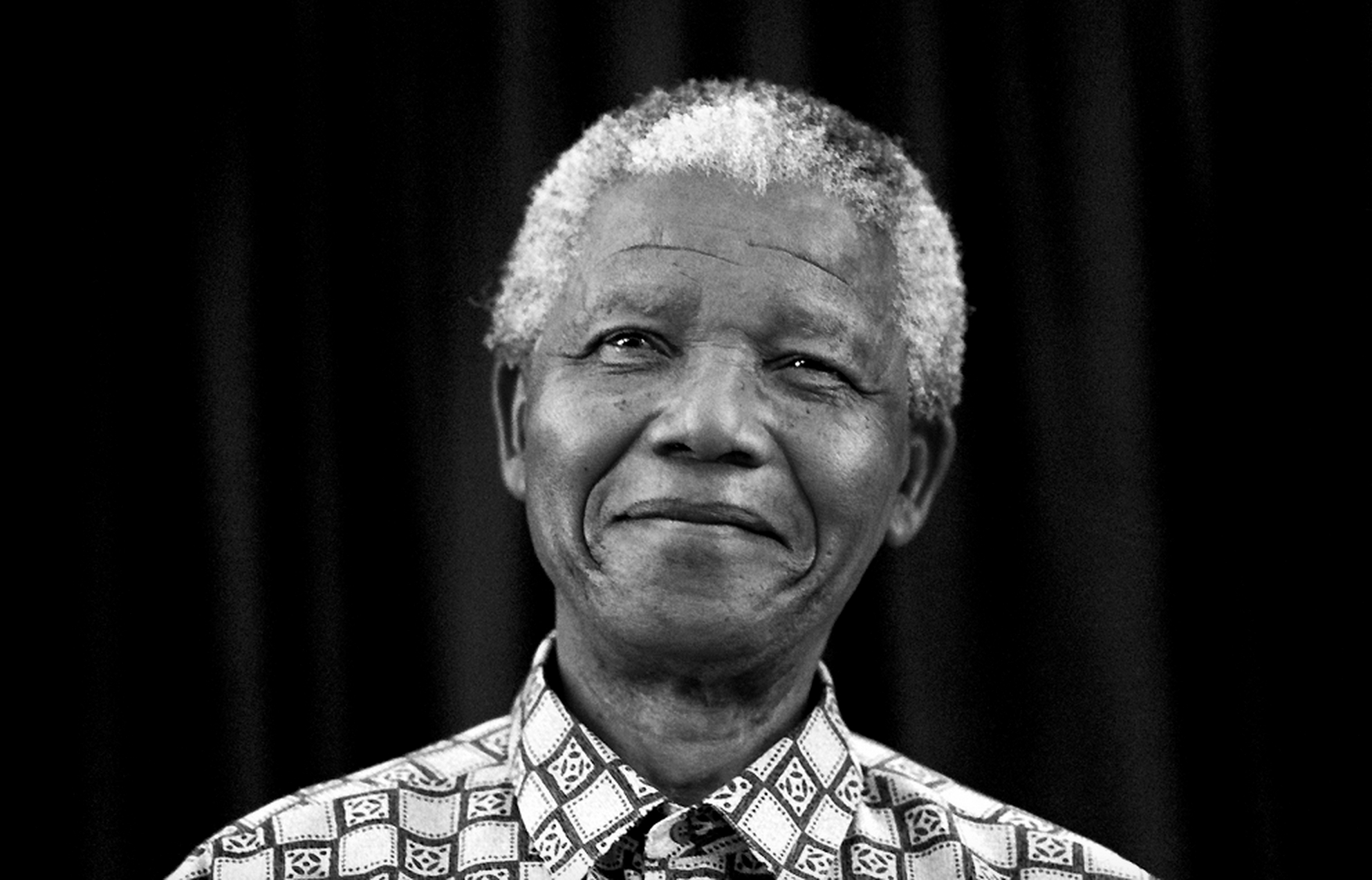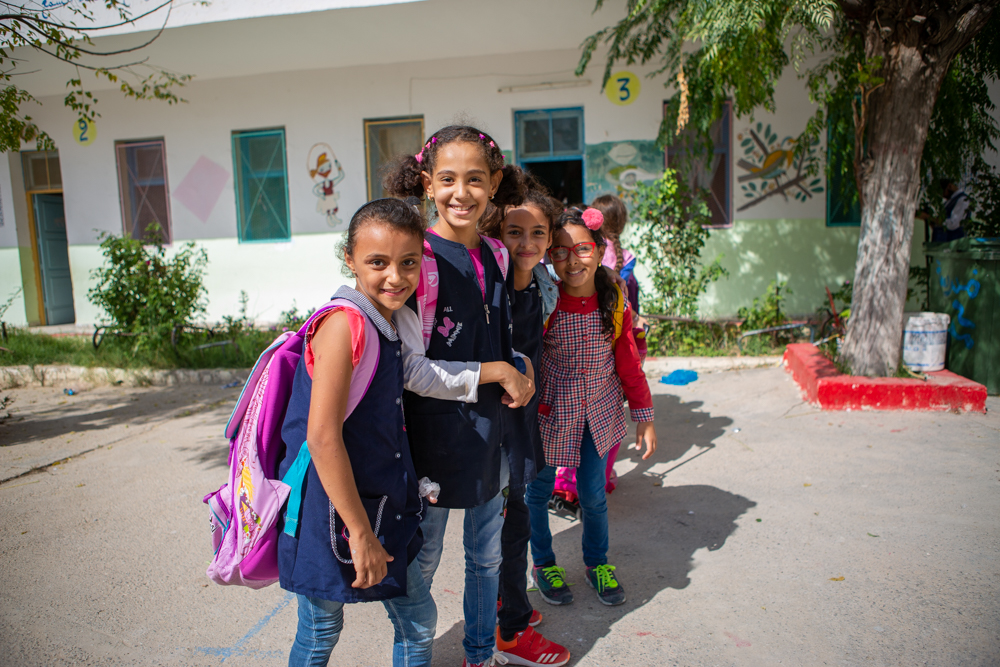Bacteria washing up on they beaches (Say word?)
Don't drink the water, son they can't wash they feet with it (Let em' know)
Young babies in perpetual neediness (Say word?)
Epidemics hopping up off the Petri dish (Let em' know)
- Hip-hop artist Yasiin Bey (Mos Def)
 My friend Victor tapped me with his burly hand and said, “Look out the window.” I struggled for a moment and finally climbed across my bed, placed my hands on the sill, and dipped my head a bit to see the full view. My stomach dropped and rose to my ears all in an instant.
There was a mountain range flush green with clouds laying across the peaks. Below it, miles and miles of fields with narrow roads interwoven between. To the left was the Indian Ocean just grazing the bottom tip of Cape Town. The sun was shining, and there was a new state of being inherited at that very moment. South Africa changed me in one morning.
My trip with my classmates was a historical study of apartheid and the organizations still working to realize equality. If there was anything more striking than the radiant souls we met on the journey, it was the landscape. The pinnacle of that land was the water.
Shimmering blue water is what I remember most about that morning.
Now, four years removed from our experience there, I read an article about Cape Town running out of the water that seemed so abundant and gorgeous. The article I read reminded me that the world's water was in danger.
In many regions throughout the world, water has become so scarce. For some, drinking water is a dream; for others, it is a nightmare.
World Water Day is a time for all of us to think about our most important resource on earth and the realities around it.
My friend Victor tapped me with his burly hand and said, “Look out the window.” I struggled for a moment and finally climbed across my bed, placed my hands on the sill, and dipped my head a bit to see the full view. My stomach dropped and rose to my ears all in an instant.
There was a mountain range flush green with clouds laying across the peaks. Below it, miles and miles of fields with narrow roads interwoven between. To the left was the Indian Ocean just grazing the bottom tip of Cape Town. The sun was shining, and there was a new state of being inherited at that very moment. South Africa changed me in one morning.
My trip with my classmates was a historical study of apartheid and the organizations still working to realize equality. If there was anything more striking than the radiant souls we met on the journey, it was the landscape. The pinnacle of that land was the water.
Shimmering blue water is what I remember most about that morning.
Now, four years removed from our experience there, I read an article about Cape Town running out of the water that seemed so abundant and gorgeous. The article I read reminded me that the world's water was in danger.
In many regions throughout the world, water has become so scarce. For some, drinking water is a dream; for others, it is a nightmare.
World Water Day is a time for all of us to think about our most important resource on earth and the realities around it.
Our Modern Water Crisis: Drought Recovery in Cape Town
In 2018, communities in places like Durban were living without water for weeks. In Cape Town specifically, there was the dark cloud of Day Zero, the common term used to warn of the coming time where water would cease.The reasons for the shortage match those in countless other places around the world. Cape Town's infrastructure is in dire need of redevelopment, and climate change is erasing water reserves.
To quell the crisis, officials instituted temporary regulations on community members. Residents were required to use no more than 105 liters per day. They were also encouraged to not wash or hose down hard-surfaced or paved areas with municipal drinking water. As Day Zero neared, the city thinly escaped its impending crisis. A new year presents the same challenges, as many infrastructure enhancements have yet to take place.
The people of Cape Town have had to survive once through the terrible and inhumane threat of being left completely without water. With planning and support, they may be able to avoid any future threats.
In other corners of the world, access to water is a far-away issue. Acquiring clean water is the true concern.
Our Modern Water Crisis: Disease in Yemen

It has become nearly impossible to separate war from the environment it destroys, and it is in this lens that we must examine Yemen. Several years before the conflict's drastic turn, the country was experiencing a food shortage. Many organizations, like Islamic Relief USA, mobilized and offered support in any capacity they were able to.
With the war's intensification in the past 3-4 years, a severe outbreak of cholera has emerged in the midst of violence-submerged communities. According to the World Health Organization (WHO), the outbreak is accelerating again with roughly 10,000 suspected cases now reported per week—double the average rate for the first eight months of 2018.
Cholera can kill in less than a day. It is marked by forceful bouts of diarrhea, and is spread from contaminated food and water. For the 20 million people in Yemen facing famine, they live with the reality that malnutrition increases the chances of terminally contracting cholera. With UNICEF reporting 250,000 cases of cholera since 2018 , the threat looms heavily.
Amidst the crisis, there is hope. Water well development and increased food security would help tremendously; and both are needed urgently.
What the World Deserves
All humans deserve clean water. When water is scarce, it can shake the foundation of a person's life, of a family, and of a region. When it is abundant, it is an incalculable blessing. When it is infested with harmful diseases, it is life- threatening. When water is clean, it is a source for healing. This is the essence of what World Water Day is—the acknowledgement that vulnerable people's water sources don’t have to be in the state they are in.
When people like me gaze upon the awe-inspiring layout of places like Cape Town, unaware one of its most prized possessions will soon be threatened with erasure, it is easy to lose hope. If the people of Yemen are unable to survive the cholera crisis, it will be a failure on humanity’s part.
Water is, and has always been, life.
This World Water Day, please consider supporting IRUSA's water projects around the world.
My friend Victor tapped me with his burly hand and said, “Look out the window.” I struggled for a moment and finally climbed across my bed, placed my hands on the sill, and dipped my head a bit to see the full view. My stomach dropped and rose to my ears all in an instant. There was a mountain range flush green with clouds laying across the peaks. Below it, miles and miles of fields with narrow roads interwoven between. To the left was the Indian Ocean just grazing the bottom tip of Cape Town. The sun was shining, and there was a new state of being inherited at that very moment. South Africa changed me in one morning. My trip with my classmates was a historical study of apartheid and the organizations still working to realize equality. If there was anything more striking than the radiant souls we met on the journey, it was the landscape. The pinnacle of that land was the water. Shimmering blue water is what I remember most about that morning. Now, four years removed from our experience there, I read an article about Cape Town running out of the water that seemed so abundant and gorgeous. The article I read reminded me that the world's water was in danger. In many regions throughout the world, water has become so scarce. For some, drinking water is a dream; for others, it is a nightmare. World Water Day is a time for all of us to think about our most important resource on earth and the realities around it.



